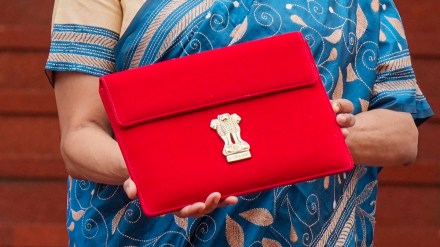By Sanjay Tolia,
India has been at the global centre stage than ever before. Despite the global headwinds and the aftershocks of the pandemic, the Indian economy has been resilient. Thanks to the numerous reforms made and the sheer pace with which the same have been implemented especially in the last few years, aided with strong domestic demand.
The consistent growth rate of over 7% for the last three years coupled with a plan to reach a fiscal deficit of 4.5% by FY 26, are the key drivers to take the GDP from around USD 3.7 trillion to USD 7 trillion by 2030.
The Budget lays down a roadmap for scaling the economy through Governance, Development and Performance, yet again signaling stability and certainty to taxpayers which has been a cornerstone of the Government in recent years.
Talking about a few tax proposals, the Finance Bill proposes to retain the same tax rates for direct taxes and indirect taxes including import duties in line with the spirit of the interim budget.
With a view to encourage and boost investments in the IFSC aprovide continuity of certain tax benefits, the sunset clause for commencement of operations by Offshore Banking Units, Category I FPIs and IFSC units engaged in the business of lease of aircraft or ship, is proposed to be extended by one year i.e., from 31 March 2024 to 31 March 2025.
Similar extension has been proposed for investments made by sovereign wealth funds / pension funds for availing exemption for income in the nature of dividend, interest and long-term capital gains.
The time limit for incorporation of eligible start-ups has also been extended from 31 March 2024 to 31 March 2025. This is likely to incentivize the start-up ecosystem. The Government is planning to introduce faceless scheme for Dispute Resolution Panel, Tax Tribunal and Transfer Pricing proceedings by 31 March 2025. Similarly, to bring more consistency, the input service distributor mechanism is being made mandatory.
In line with the mantra of ease of living and ease of doing business, a policy announcement has been made to withdraw outstanding direct tax demands up to INR 25,000 pertaining to the period up to FY 2009-10 and up to INR 10,000 for FY 2010-11 to 2014-15. This move is expected to benefit about a crore taxpayers.
All in all, the Budget lays a strong foundation for the upcoming regular budget (likely to be announced after a few months in July) and outlines the roadmap for Vision 2047.
(The author is Partner, Price Waterhouse & Co. LLP)
